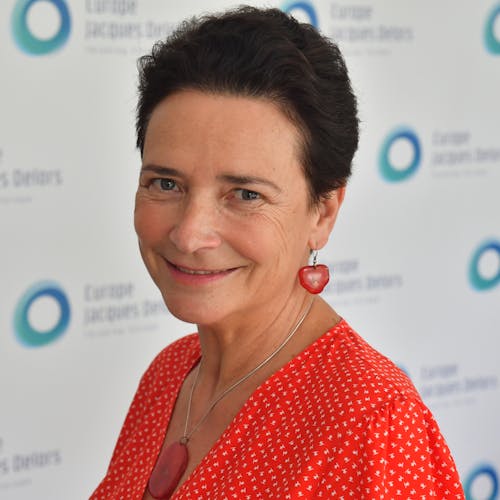Put science and finance at the service of ocean protection
The first days of the third UN Ocean Conference (UNOC 3) in Nice in June 2025 will be devoted respectively to science and finance, two essential pillars of a healthier ocean. Meanwhile, scientists will be confronted to the double challenge of creating an IPOS (International Panel for Ocean Sustainability) and issuing its first report. As science should guide the decisions of all stakeholders, another challenge will be to associate them to the debates. Science will also be necessary to guide what could be called blue finance. Among the 14 objectives of the Sustainable Development Agenda, objective 14, devoted to the ocean is the less endowed. This has to be repaired and private finance will have a crucial role to play.
During the past years, EJD actively participated in the conception or the support of several initiatives within the EU and beyond, to promote citizens science, especially related to the EU Mission Ocean, the Digital Twin of the Ocean and more recently the IPOS.
On April 19th we have taken part to the “Science-Society Meeting for the International Panel on Ocean Sustainability IPOS” and we support the Brussels Declaration in favour of a scientific framework to guide the collaboration of all the actors of Ocean sustainability:
The Ocean is essential for life on Earth, it accounts for more than 90% of the habitable volume, absorbs 25-30% of the annual anthropogenic CO2 emissions and approximately 93% of the excess heat caused by human activities. [...]. However, Ocean's health is threatened due to the cumulative impacts of multiple human activities. [...]. There is an urgent need to identify and implement scientific solutions for sustainable Ocean use.
The exchanges confirmed the urgent need to create an ecosystem vision of ocean governance and to ensure interactions between oceanologists, decision-makers and citizens.
Like the IPCC in the field of climate change, the IPOS would have the virtue of regularly drawing attention of citizens and stakeholders on the state of our ocean and stimulate collective wisdom and action to protect and restore it.
As part of our mission to contribute to the preservation of our ocean worldwide, we plead relentlessly for the creation of three large scale marine protected areas around Antarctica, one of the most iconic and most threatened places in the world. In our most recent publication we invite EU leaders to seize the opportunity of the Santiago CCAMLR meeting (19-23 June) to gain the support of China to this common cause.
EU leaders must work closely with other Antarctic marine protection proponent countries by prioritising this protection in their diplomatic and high-level political outreach to China in the coming month.
Geneviève Pons


